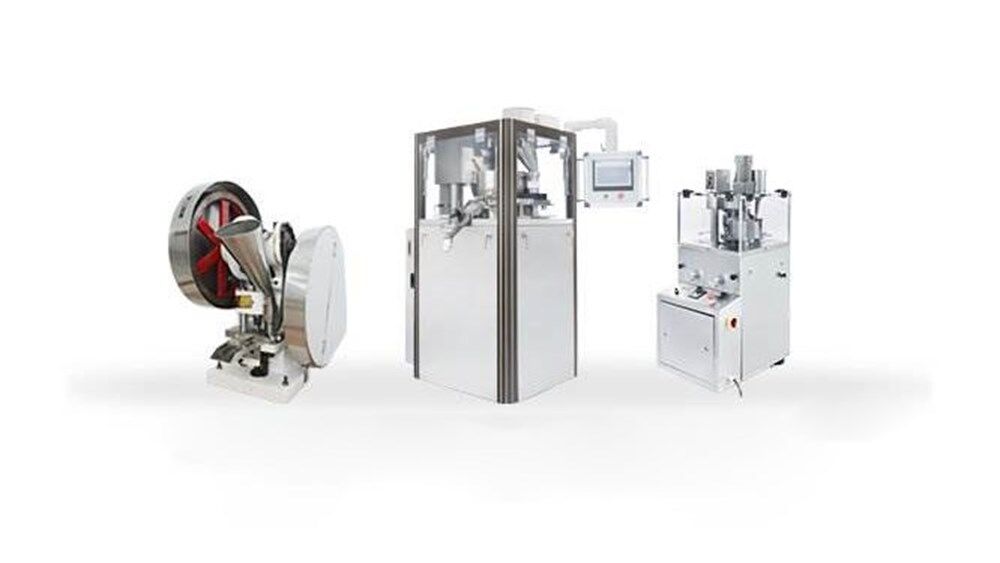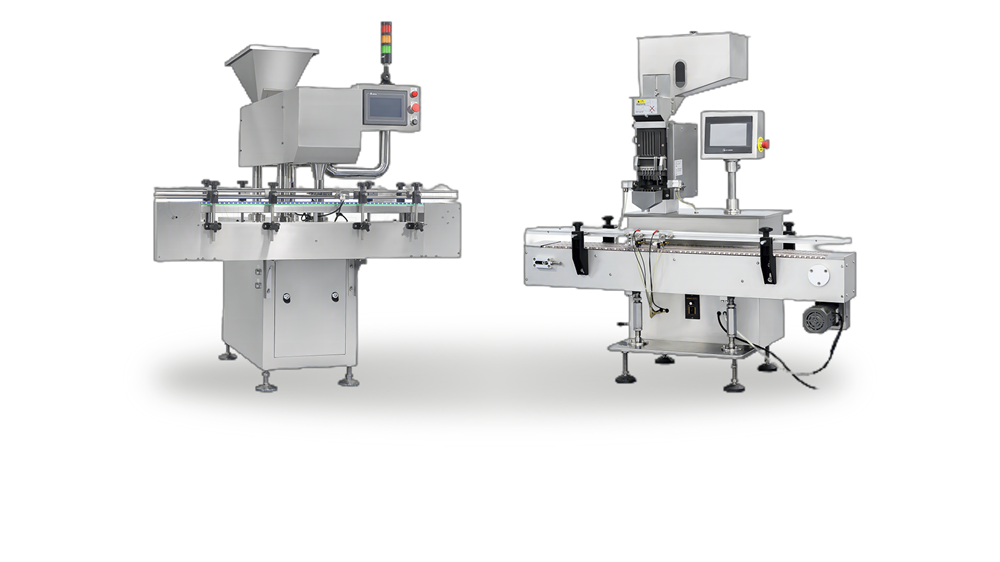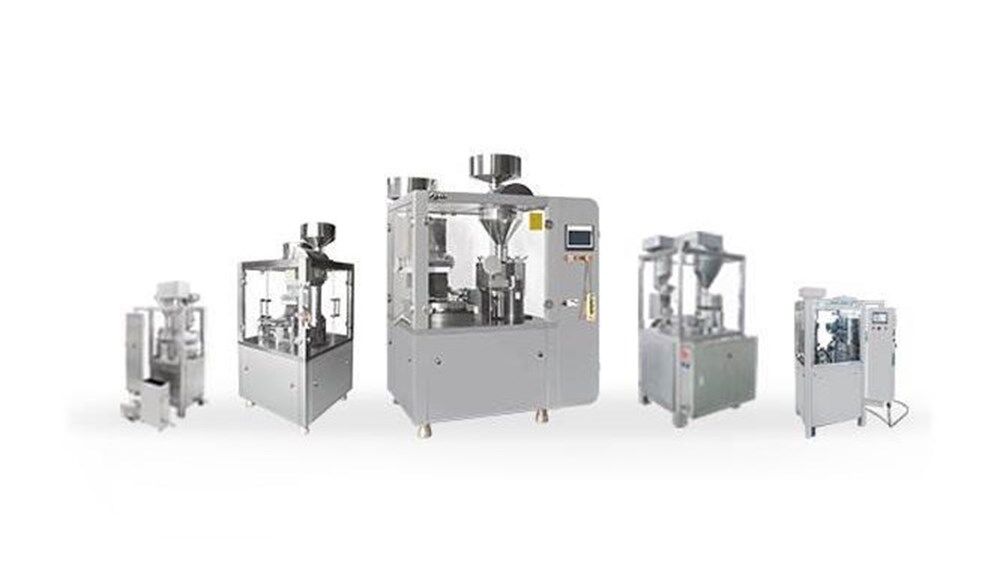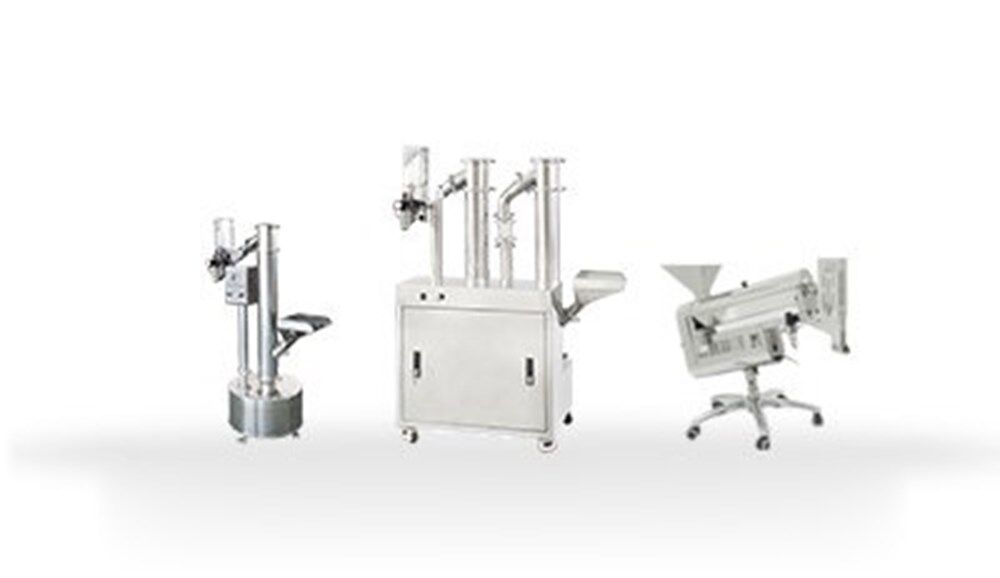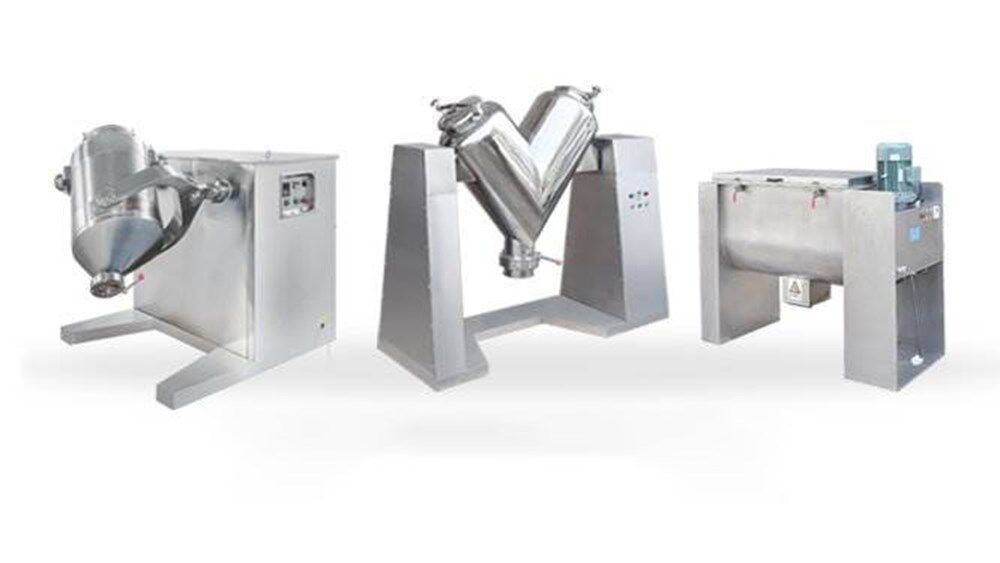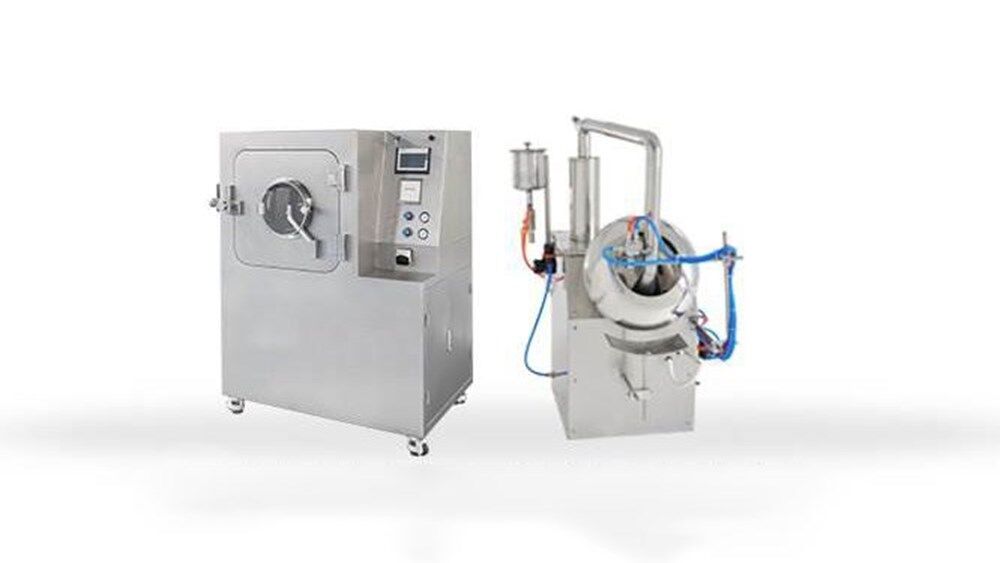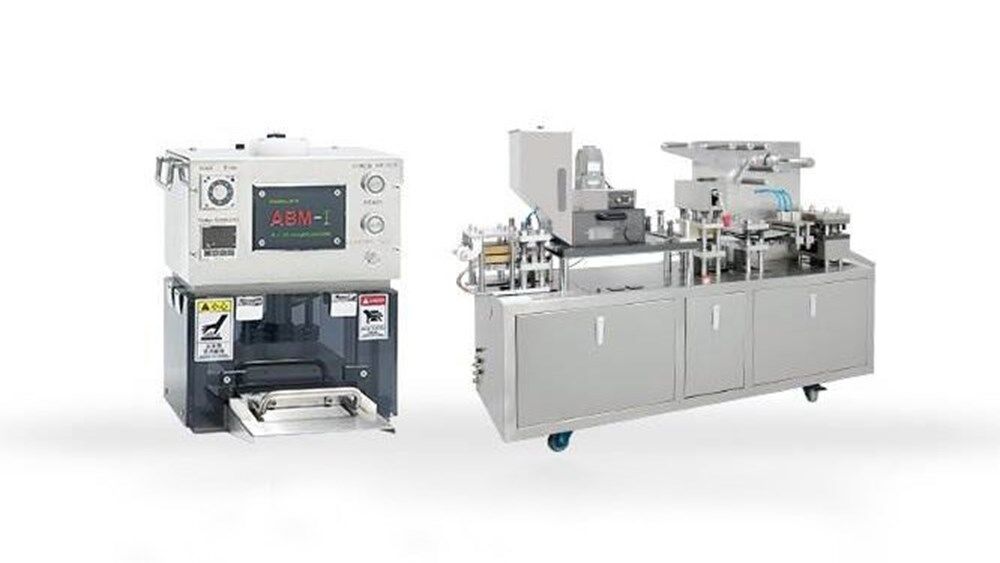From Tablets to Capsules: Different Types of Oral Solid Dosage Forms
Oral solid dosage forms have been a mainstay of modern medicine for a long time, giving patients easy and cost-effective ways to take their meds. They come in all shapes and sizes and are designed to meet different needs. You've got the usual suspects like tablets and capsules, and then there are some lesser-known options like lozenges and chewable tablets. Whatever the case, these dosage forms are an important part of patient care.
What is Oral Solid Dosage?
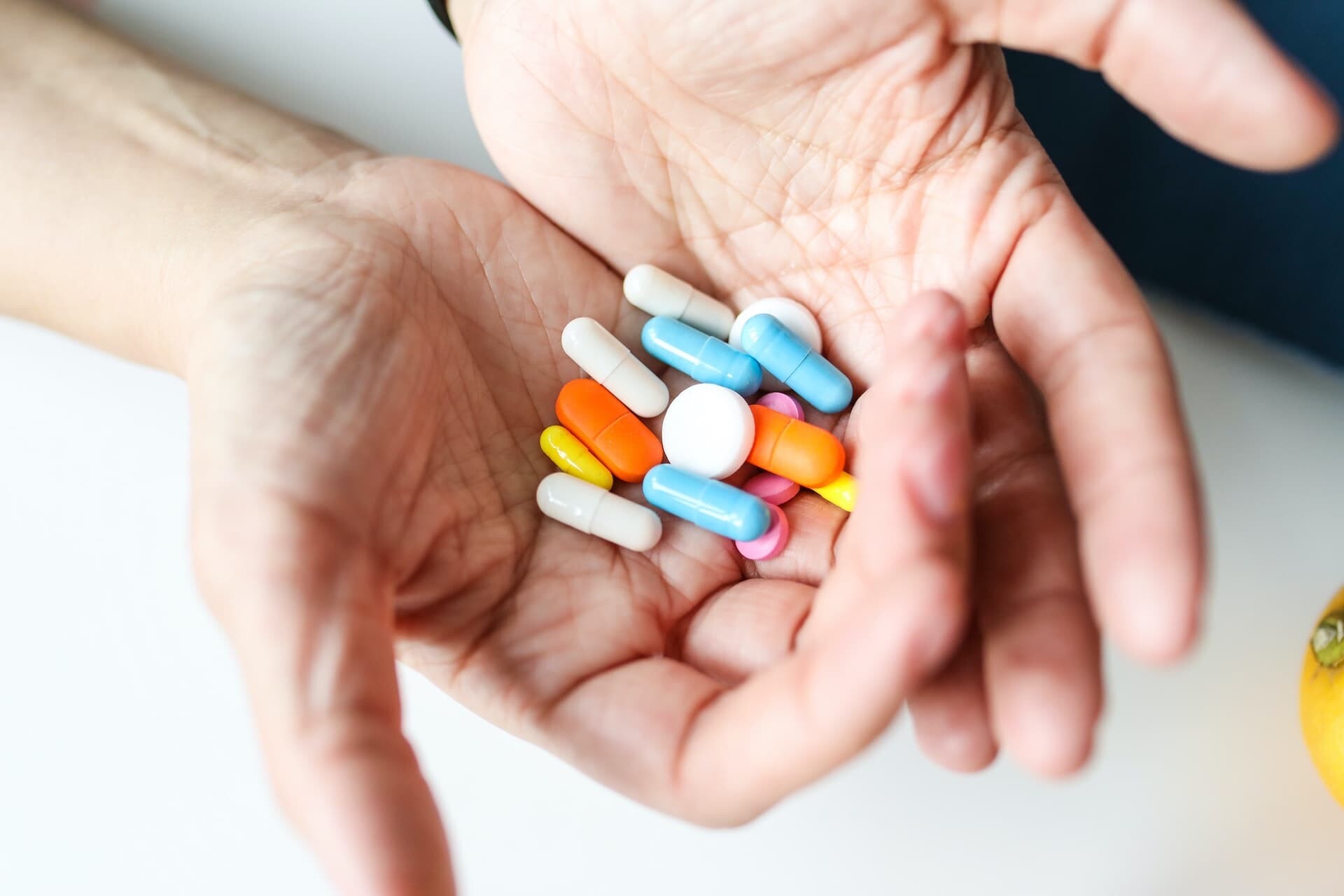
Oral solid dosage forms are a type of medication that you take by mouth and that is in a solid state. They're designed to deliver active pharmaceutical ingredients (APIs) into the body for therapeutic purposes. These dosage forms are often the go-to because they're convenient, easy to dose, and more stable than other forms like liquids or injections.
What are the Different Types of Oral Solid Dosage Forms?
Tablets
Tablets are one of the most prevalent solid dosage forms taken orally and made by compressing powdered or granular materials into disc-shaped forms for consumption. There are various kinds of tablets, including:
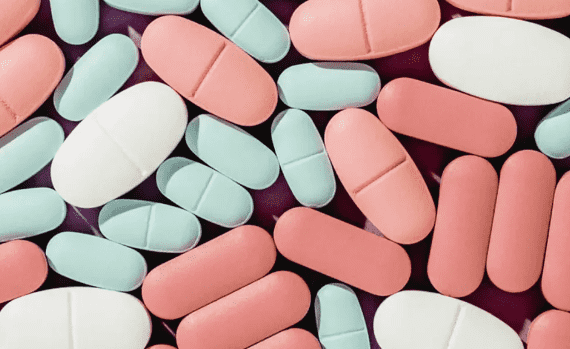 Compressed tablets: By far the most prevalent variety, compressed tablets can be defined as any product formed from compressing powders or granules under high pressure and then compressed again under another pressure source, usually called pressure compressing (also referred to as compression molding or press pressing). They can further be classified according to manufacturing process or physical property such as:
Compressed tablets: By far the most prevalent variety, compressed tablets can be defined as any product formed from compressing powders or granules under high pressure and then compressed again under another pressure source, usually called pressure compressing (also referred to as compression molding or press pressing). They can further be classified according to manufacturing process or physical property such as:
- Direct compression tablets: Direct compression tablets are produced by compressing active ingredient and excipients without first going through a granulation step.
- Wet Granulation Tablets: These can be produced by mixing active ingredient and excipients with liquid binder, then granulating and compressing granules of that mixture.
- Dry Granulation Tablets: These tablets are produced by compressing powder mixture into a coarse mass before milling to form granules for compression.
- Multi-Layered Tablets: These multilayered tablets feature different active ingredients or release profiles within separate layers for improved effectiveness and convenience of use.
Molded tablets: Molded tablets are formed by using moist material to form tablets which are formed into shape using molds, often for powerful drugs or ones difficult to compress. They're often employed for this use.
Sugar-coated tablets: Sugar coating adds both taste and appearance, as well as helping protect and control release of active ingredients from these tablets.
Film-coated tablets: Film-coated tablets use thin polymer coating to both protect the active ingredient from dispensation, as well as improve their appearance and stability. This technique may also serve to increase appearance or stability.
Capsules
Capsules are another common oral solid dosage form. Composed of an outer gelatin shell filled with powder or liquid filling material, capsules offer two main varieties. These are:

- Hard-shell capsules: Hard-shell capsules have two halves that come together at their seams to enclose their filling, such as powder, granules or pellets. Hard-shell capsules are often utilized when working with dry ingredients that are difficult to compress into tablets.
- Soft-shell capsules: Constructed of gelatin with one piece and capable of holding liquid or semi-solid fillings, soft-shell capsules are often utilized when applying substances that need to be delivered in liquid or oil form, or medications which cannot be delivered safely in dry powder form.
What are the Advantages and Disadvantages of Oral Solid Dosage Forms?
Oral solid dosage forms offer many advantages that make them popular options for many medications; however, as with all drug delivery systems they also come with drawbacks; let's discuss them further here.

Advantages
- Easy to take: Oral solid dosage forms are usually simple to use and store, which makes them convenient for patients.
- Accurate dosing: They help ensure patients get the right amount of medicine, which is important for effective treatment.
- Long-lasting: A lot of oral solid dosage forms are pretty stable, which helps keep their potency up over time.
- Masking of unpleasant taste: We can use coatings and other formulations to hide the taste of certain drugs.
- There are also controlled-release options: Some oral solid dosage forms, like sustained-release tablets, can be designed to release their active ingredient at a controlled rate over an extended period.
Disadvantages
- There's a chance it could be difficult to swallow. Some patients, like the elderly or those with swallowing disorders, might have trouble swallowing oral solid dosage forms.
- The drug takes a while to start working. Oral solid dosage forms may take longer to start working than other routes of administration, such as injection.
- Another thing to think about is how the drug might be affected by gastric acidity. Some drugs might not be as effective as they could be because the acidic environment of the stomach can break them down.
- Some drugs don't get absorbed very well. Some drugs may not be absorbed very well from the gastrointestinal tract, which could reduce their effectiveness.
How Can You Select the Right Oral Solid Dosage Form?
Selecting an effective oral solid dosage form requires taking into account various considerations, including therapeutic needs, patient characteristics, drug properties and regulatory considerations.

Therapeutic Needs
- Drug Release Profile: The desired release profile of active ingredient(s) can greatly influence which dosage form to use.
- Rapid Release: For drugs which need rapid absorption, rapidly disintegrating tablets or capsules containing fine powder could be suitable options.
- Delayed-release: For medicines requiring extended release over an extended time span, delayed-release tablets or capsules may be suitable.
- Sustained-release: If controlled release of active ingredient over extended periods is desired, sustained release tablets/capsules could provide it.
- Therapeutic Index: Drugs with a narrow therapeutic index require precise dosing in order to limit risks of side effects and ensure accurate delivery of active ingredients, so coated tablets or capsules may provide better dosing options.
Patient Characteristics
- Swallowing Ability: For patients experiencing difficulty swallowing, alternative dosage forms such as chewable tablets, lozenges or liquid formulations might be more suitable than standard pills and capsules.
- Age: The patient's age should play an integral part in choosing their dosage form. Children, for instance, may prefer dosage forms which are easy to swallow and taste pleasing.
- Other medical conditions: Certain medical conditions, including digestive tract disorders, liver or renal impairment or swallowing difficulties may impede absorption, metabolism or administration of oral solid dose forms.
Drug Properties
- Solubility: Solubility of an active ingredient in the digestive tract has an enormous influence on absorption rates. In cases where poor dissolution exists, formulations with micronized particles or solid dispersions may help ensure its absorption more readily.
- Stability: For optimal potency and efficacy of any medication in its chosen form, its stability must be considered carefully. Moisture, temperature fluctuations and light can all influence its longevity as a therapeutic drug.
- Taste: Coatings, flavors or other formulations may help improve patient acceptance for drugs with an unpleasant flavor by coatings, flavors or other means.
By carefully considering these factors, healthcare providers can select an oral solid dosage form best suited for each of their individual patient cases - optimizing treatment outcomes while mitigating potential side effects.
Need high-quality oral solid dosage manufacturing equipment? iPharMachine provides state-of-the-art capsule filling machines and tablet presses. Contact us now and learn how we can elevate your pharmaceutical production!
Leave your comment
Also Offers
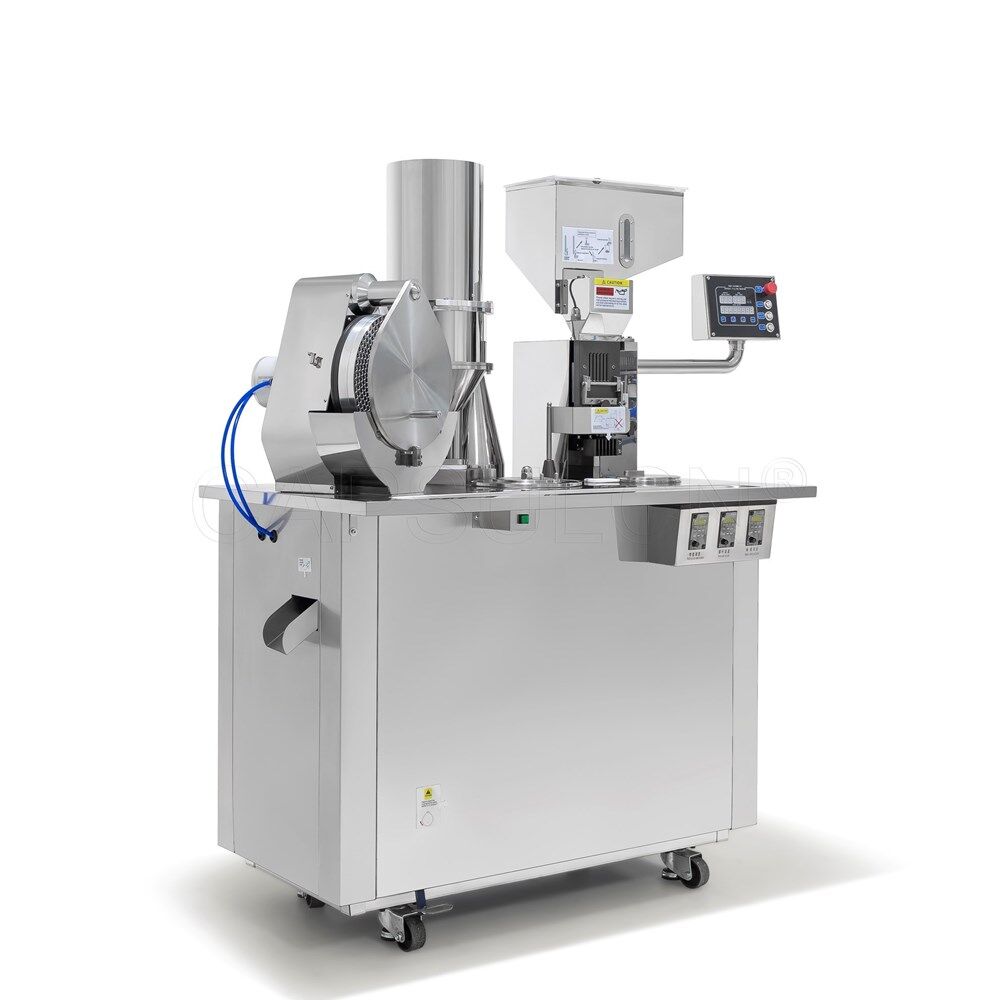
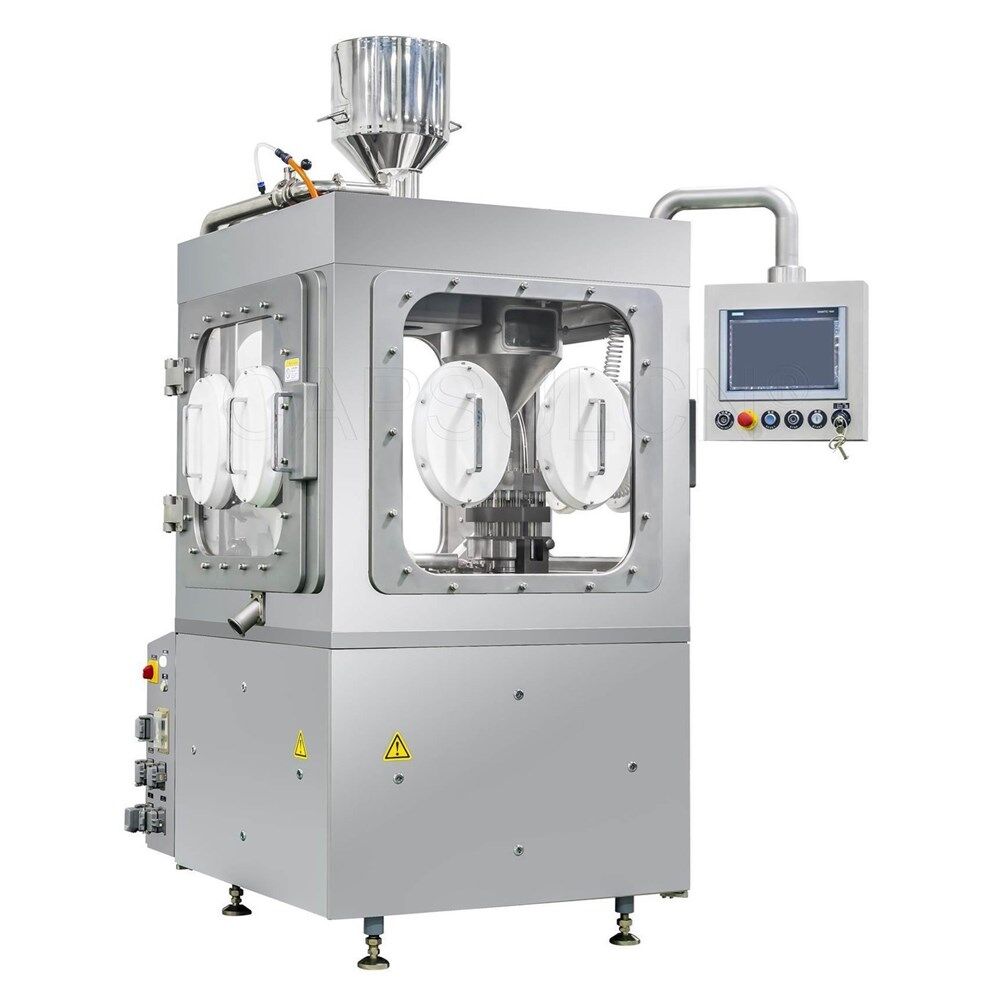
Containment Automatic Capsule Filling Machine SFK-703
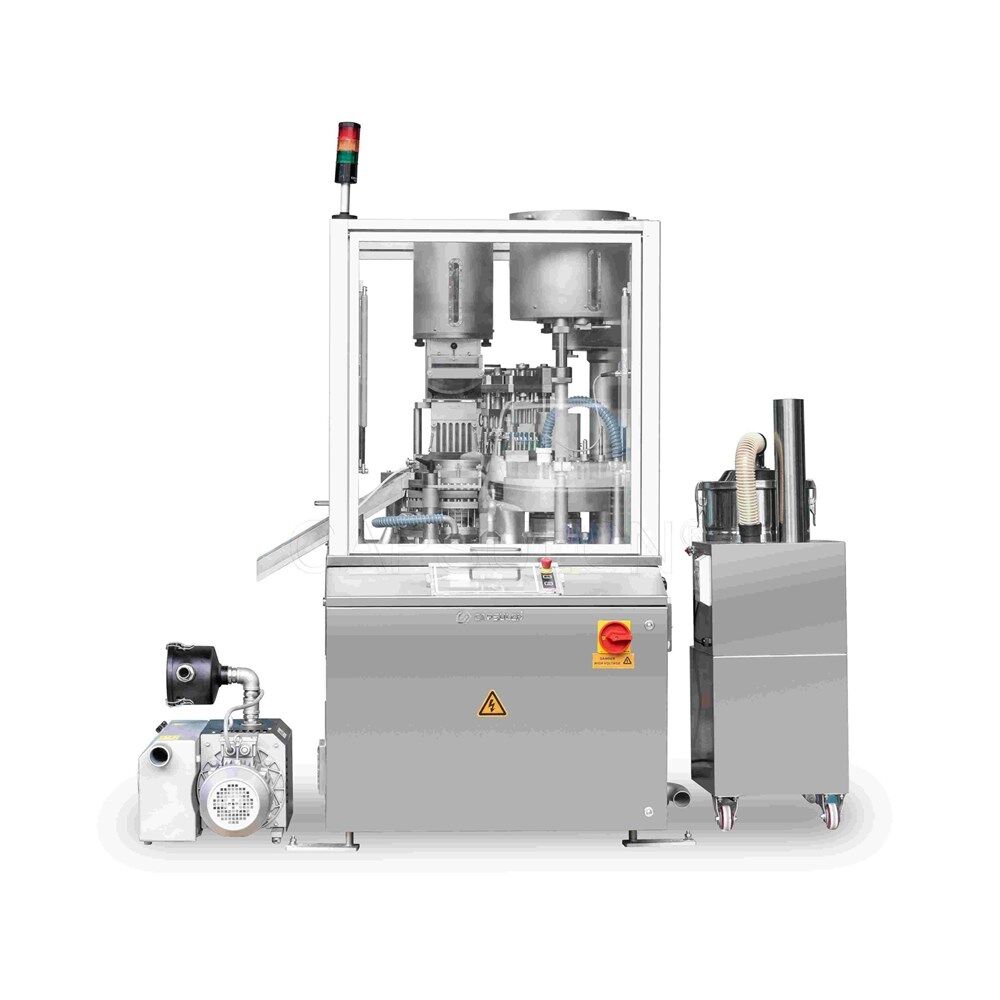
Fully Automatic Dosator Capsule Filling Machine CZ-40

Our Team
As an expert in the pharmaceutical and pharmaceutical packaging industry, iPharMachine has provided solutions for hundreds of pharmaceutical and health product manufacturers for 17 years. By visiting customers, we get good reviews from our customers.
- info@ipharmachine.com
- English Español Deutsche
